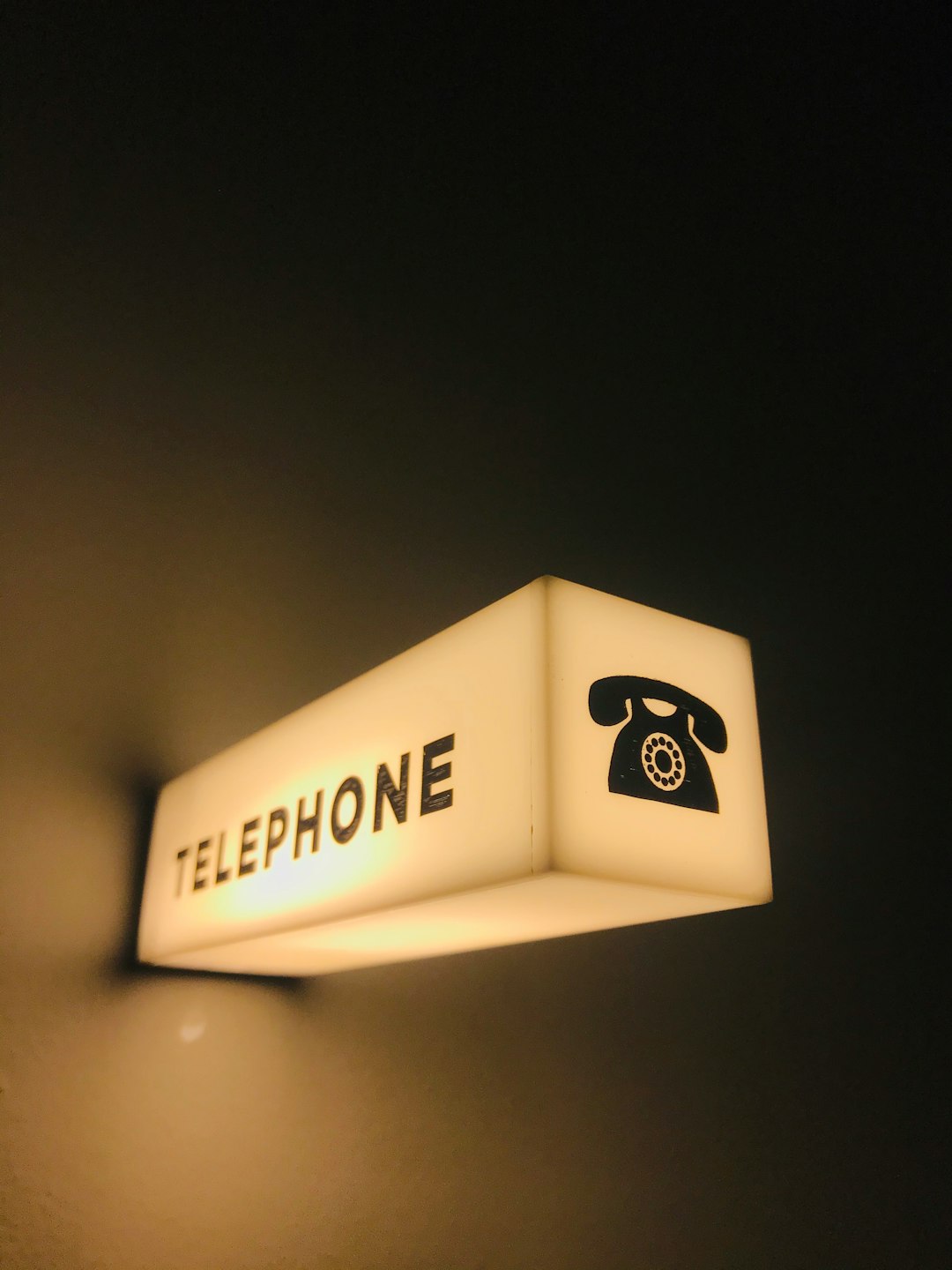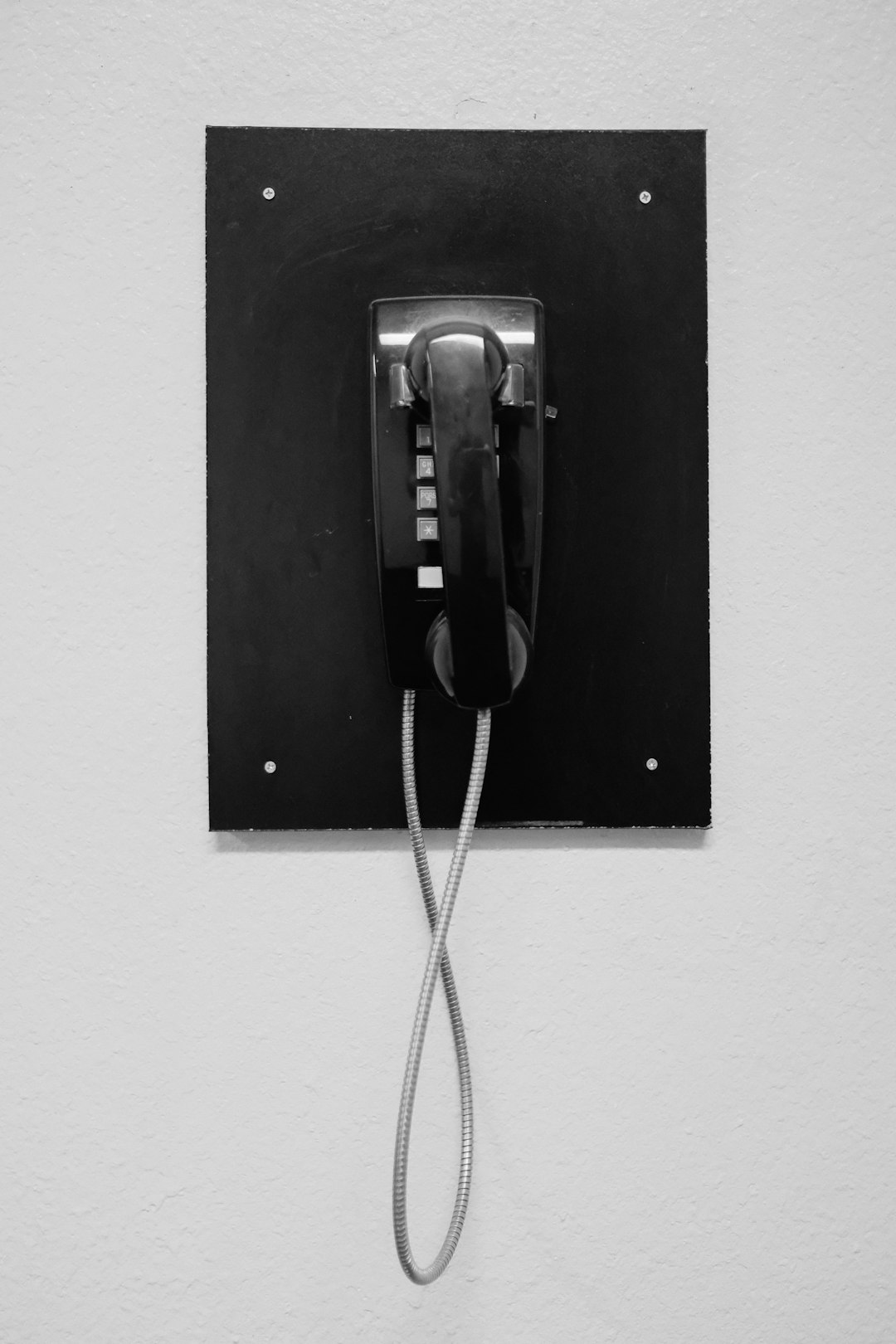Maryland residents are protected from spam text messages by strict anti-spam laws, including a Do Not Call registry for phone numbers. Law firms operating in Maryland must adhere to these regulations, avoiding automated calls to listed numbers. Consumers can combat unwanted texts through legal actions and specialized Do Not Call law firms in Maryland, balancing privacy protection with legitimate marketing efforts.
In Maryland, as in many states, residents face an increasingly common nuisance: spam text messages. With the rise of mobile technology, unsolicited texts have become a pervasive issue. This article delves into the legal protections available to Maryland residents against spam text messages, focusing on the implications for both consumers and local businesses. We explore key concepts like the ‘Do Not Call’ registry, consumer rights, and how to file complaints effectively. Additionally, we discuss the impact of anti-spam laws on businesses, emphasizing the importance of compliance for law firms operating in Maryland.
Understanding Spam Text and Legal Protections in Maryland

In today’s digital era, spam text messages have become a ubiquitous nuisance for many Maryland residents. These unsolicited and often irrelevant communications, typically advertising legal services or promoting various products, can be particularly disturbing. While they might seem like a modern problem, Maryland has taken significant steps to protect its citizens from these intrusive messages by implementing strict anti-spam laws.
Maryland residents have certain legal rights when it comes to spam text messages. The state’s laws, including the Do Not Call registry, offer protections against unsolicited advertising and marketing texts. By registering their phone numbers on the Do Not Call list, Marylanders can prevent their contacts from being used for promotional purposes. Moreover, any business or individual sending spam texts faces legal consequences, which may include fines and other penalties. This robust legal framework ensures that residents’ privacy is respected and their communication channels remain free from unwanted intrusions, especially in the context of Do Not call law firms Maryland.
What Does Do Not Call Really Mean for Law Firms?

The “Do Not Call” list is a powerful tool for Maryland residents to protect their privacy and avoid unwanted telemarketing calls, including those from law firms. When a number is on this list, it means businesses are legally prohibited from making automated or prerecorded phone calls to that specific line. This measure was designed to give consumers control over their communication preferences.
For law firms operating in Maryland, adhering to the “Do Not Call” regulations is not just about respecting residents’ rights; it’s a legal requirement. It ensures that marketing efforts are ethical and targeted only at those who have given explicit consent. By complying with these rules, law firms can maintain a professional reputation and avoid potential fines and penalties for violating privacy laws.
Exploring Consumer Rights Against Unwanted Texts

In today’s digital age, consumers in Maryland, like many other states, face a growing issue with unwanted text messages, often referred to as spam. These unsolicited communications can include promotional offers, scams, or even harassment. Understanding one’s legal rights is essential to navigating this modern-day dilemma.
Maryland residents have certain protections under state and federal laws when it comes to receiving unwanted texts. The Telephone Consumer Protection Act (TCPA) prohibits businesses from sending automated or prerecorded messages to mobile phones without prior express consent. This includes marketing texts, which are a common source of consumer frustration. Maryland’s Do Not Call law further reinforces these rights, allowing residents to register their numbers and limit the volume of promotional calls and texts they receive. For those who experience persistent or harassing spam text messages, there are legal avenues to explore, including seeking damages and blocking future communications from the offending parties.
How to File a Complaint: Stopping Spam Text Once and For All

If you’re a Maryland resident tired of receiving unwanted spam text messages, there are steps you can take to put an end to it. The first course of action is to document the harassment. Keep a record of every spam text, including the sender’s phone number, the date and time received, and any relevant information within the message.
Next, Maryland residents have legal recourse. You can file a complaint with the Federal Trade Commission (FTC), which has strict regulations against unsolicited text messages. Additionally, Maryland’s Do Not Call law firms offer specialized support for such issues. Contacting these firms directly or utilizing their online complaint forms is a direct and effective way to stop spam text messages once and for all.
The Impact of Anti-Spam Laws on Local Businesses

Anti-spam laws, such as those in Maryland, significantly impact local businesses, particularly small and medium-sized enterprises (SMEs). While these laws protect residents from intrusive and deceptive messaging, they also present challenges for businesses that rely on legitimate communication channels to reach customers. Many local firms use automated text campaigns for marketing purposes, and with strict rules around consent and opt-out options, it can be a delicate balance to maintain effective outreach without crossing legal boundaries.
For example, the “Do Not Call” laws in Maryland restrict unsolicited calls to certain numbers, including those from law firms. This directly affects businesses that offer legal services, as they may need to adapt their marketing strategies to avoid potential penalties and ensure compliance. By understanding these regulations and adhering to them, local businesses can continue to thrive while respecting the privacy rights of Maryland residents.






